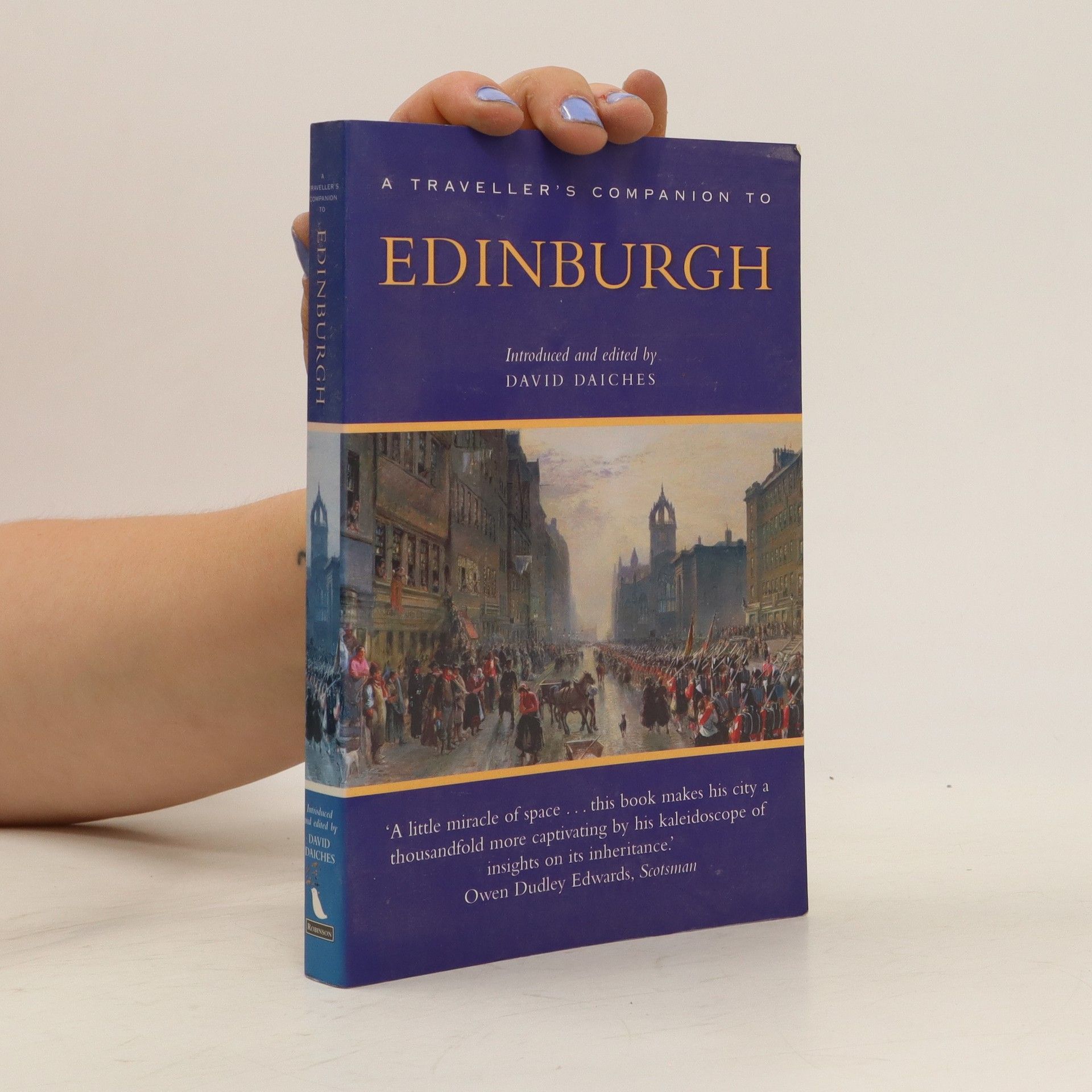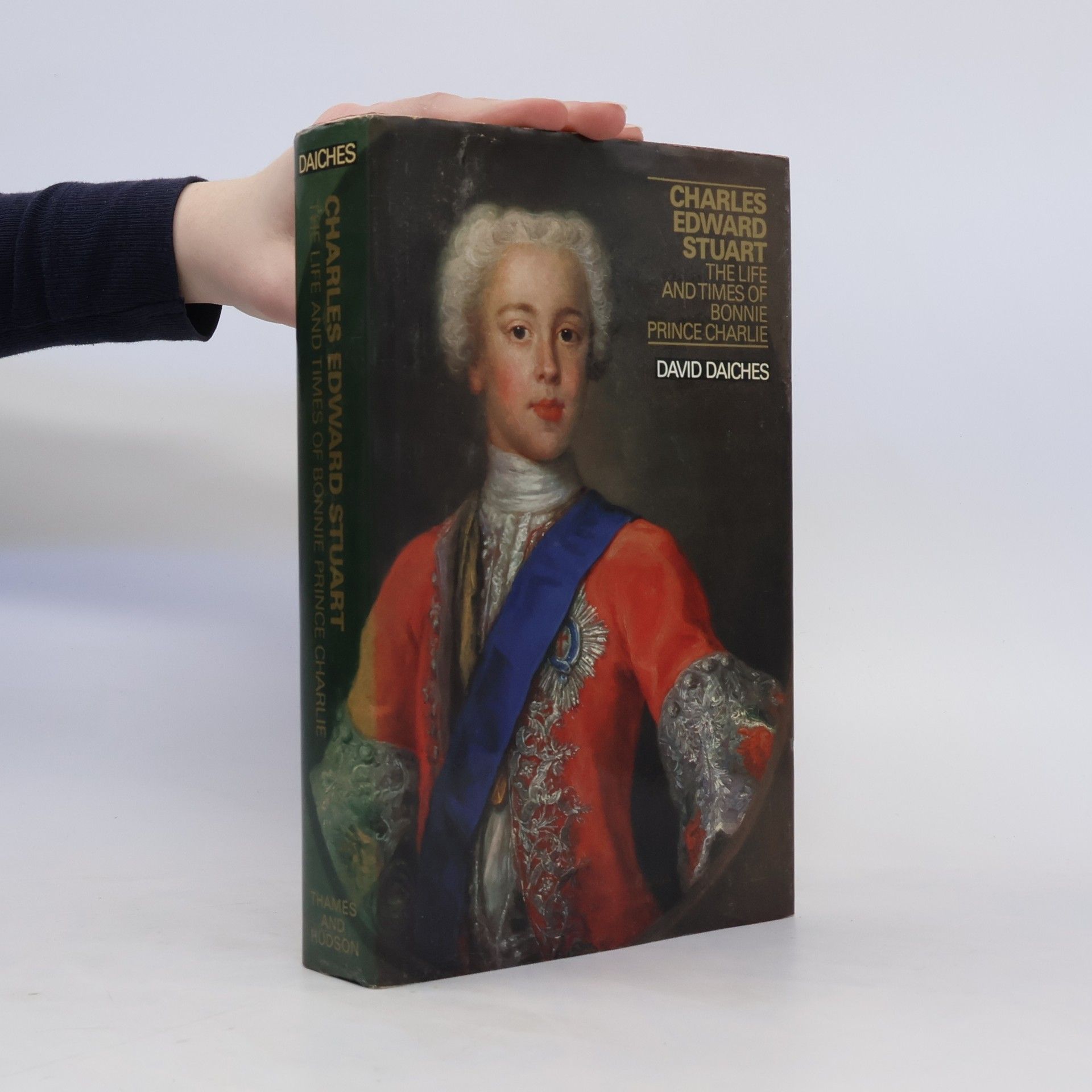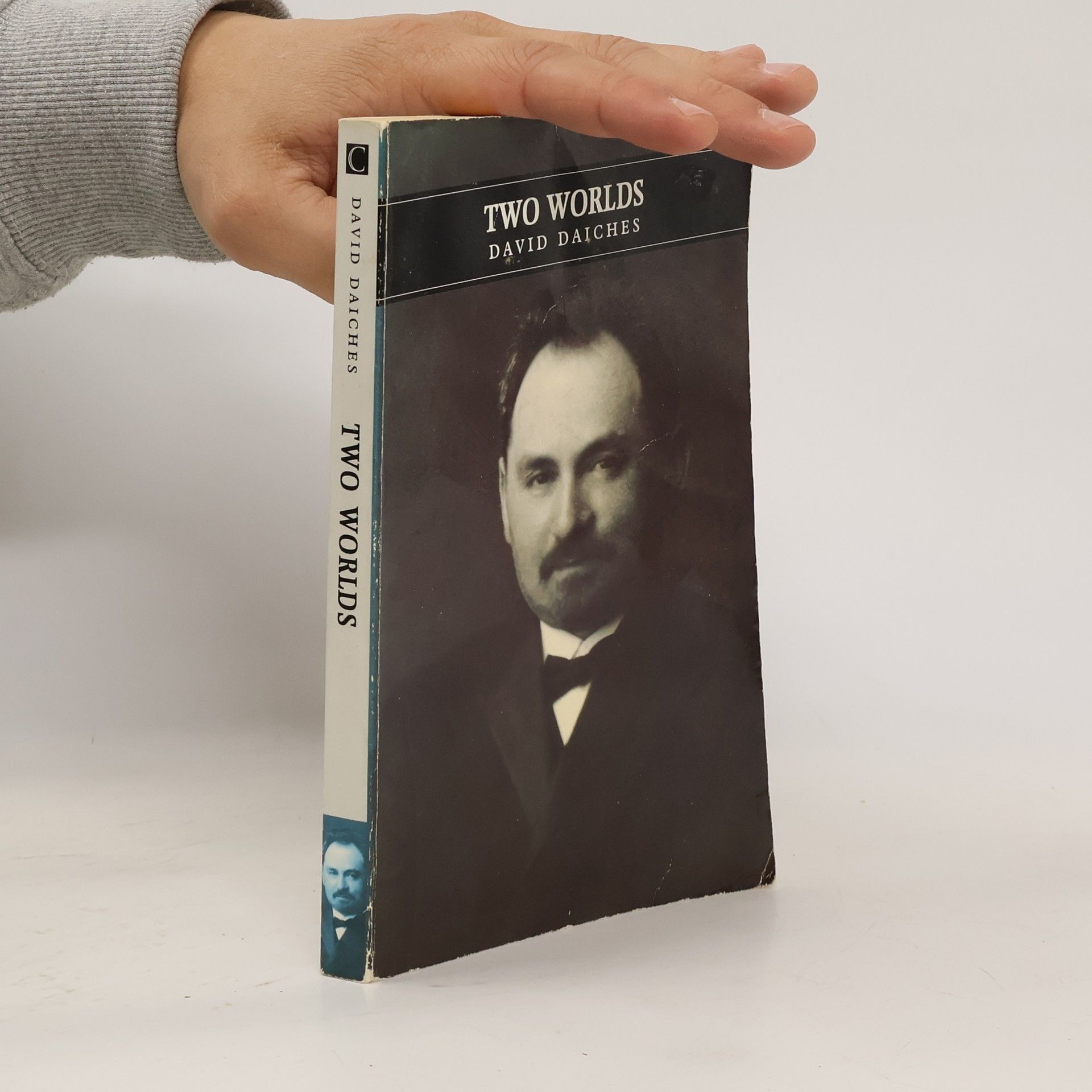David Daiches Bücher
David Daiches war ein schottischer Literaturhistoriker und Kritiker, der sich eingehend mit der englischen und schottischen Literatur sowie der schottischen Kultur beschäftigte. Seine Arbeit untersuchte die breitere Rolle der Literatur in der Gesellschaft, wobei sein kritischer Ansatz für seine Tiefe geschätzt wurde. Daiches widmete sich sowohl der Literaturgeschichte als auch der Kritik und trug wesentlich zum Verständnis des schottischen literarischen Erbes bei. Sein Schreiben zeichnete sich durch Einsicht und Interesse an der Bedeutung der Literatur über akademische Grenzen hinaus aus.
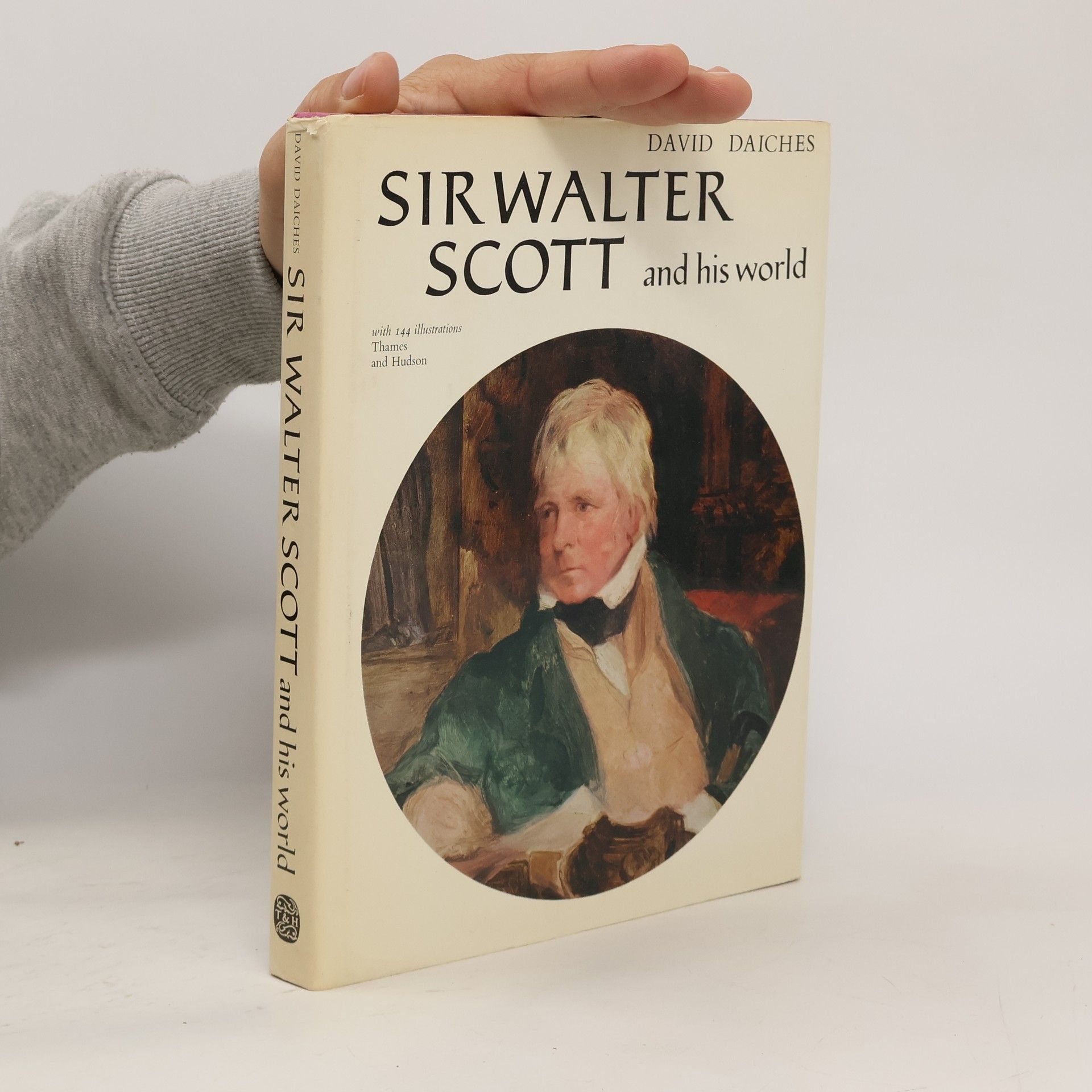
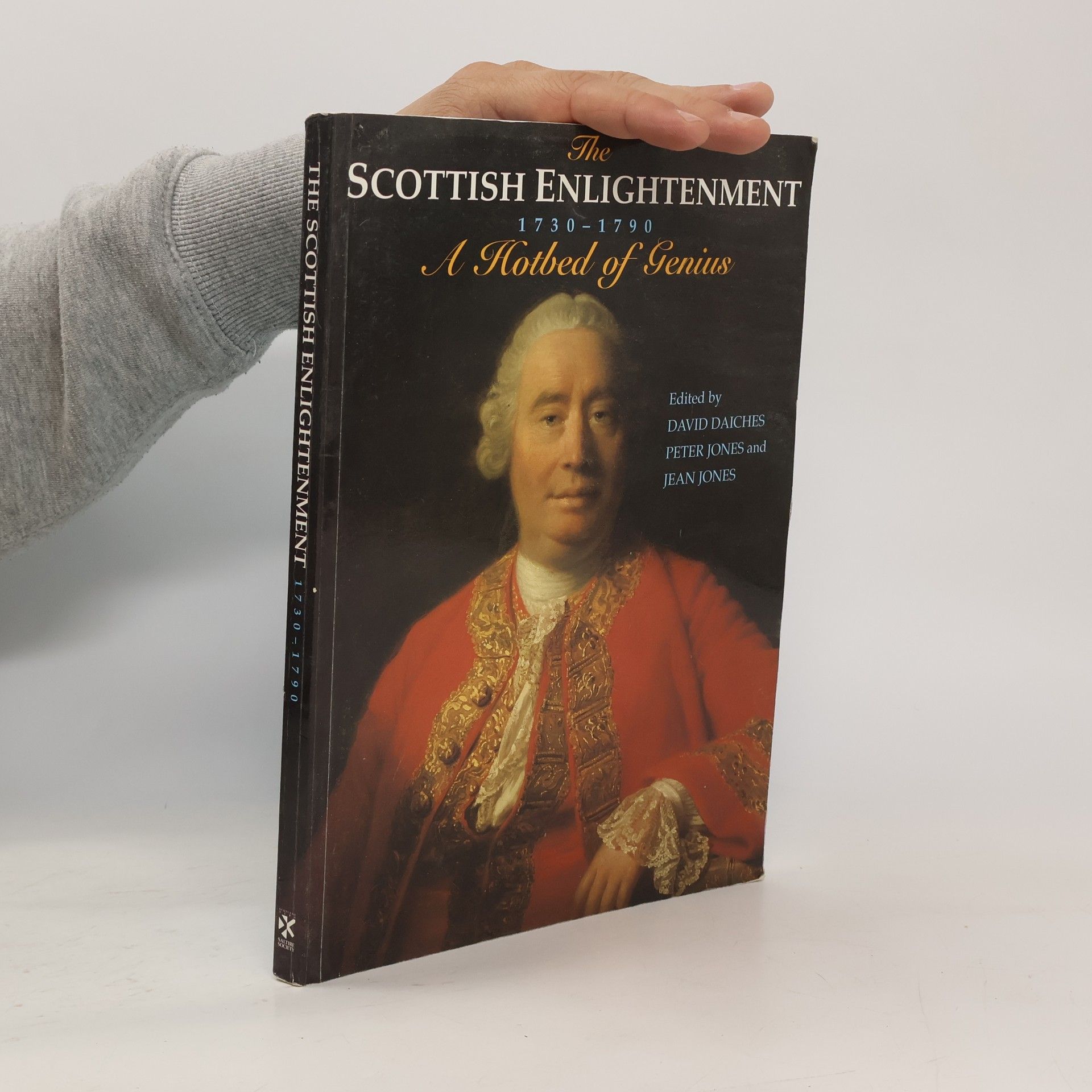
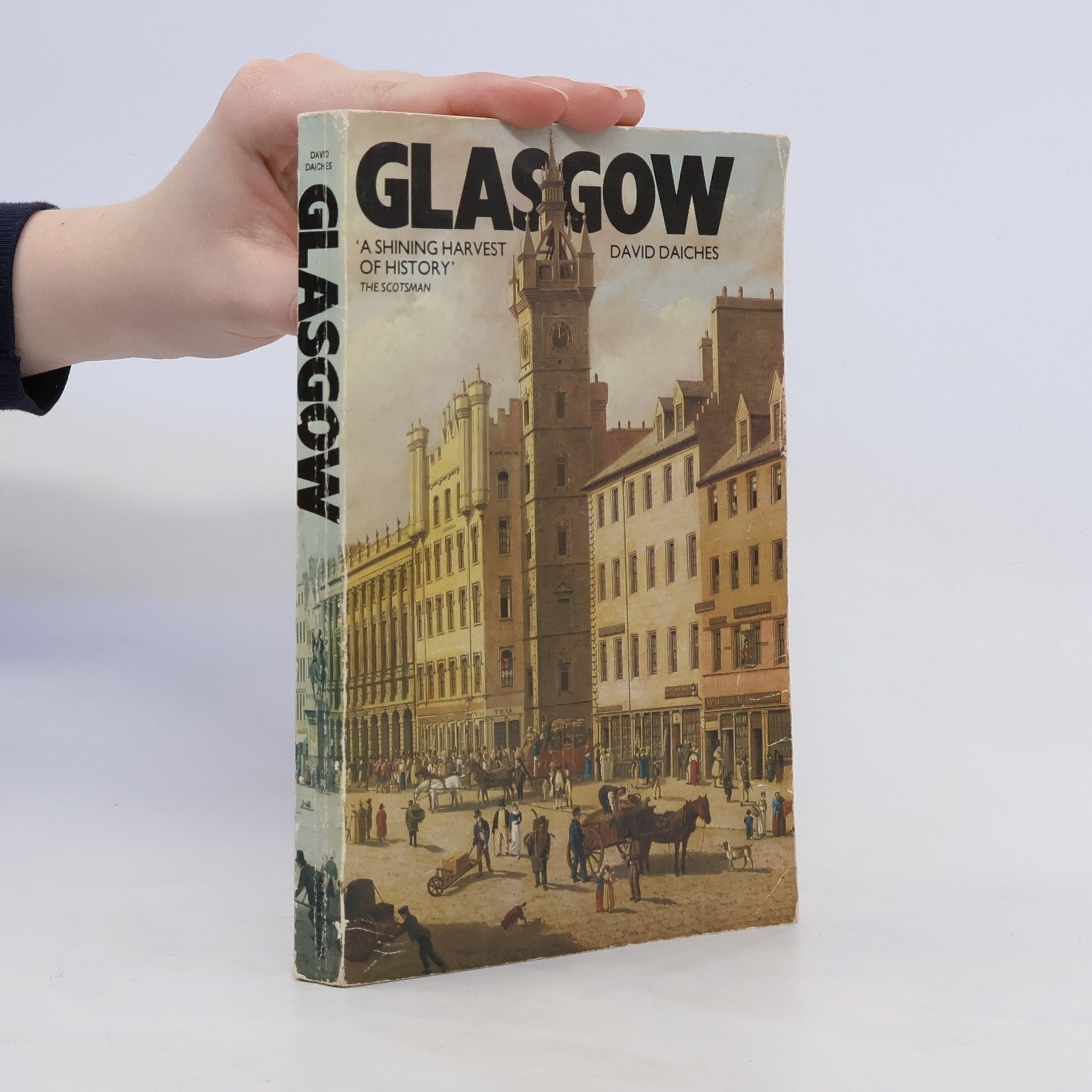

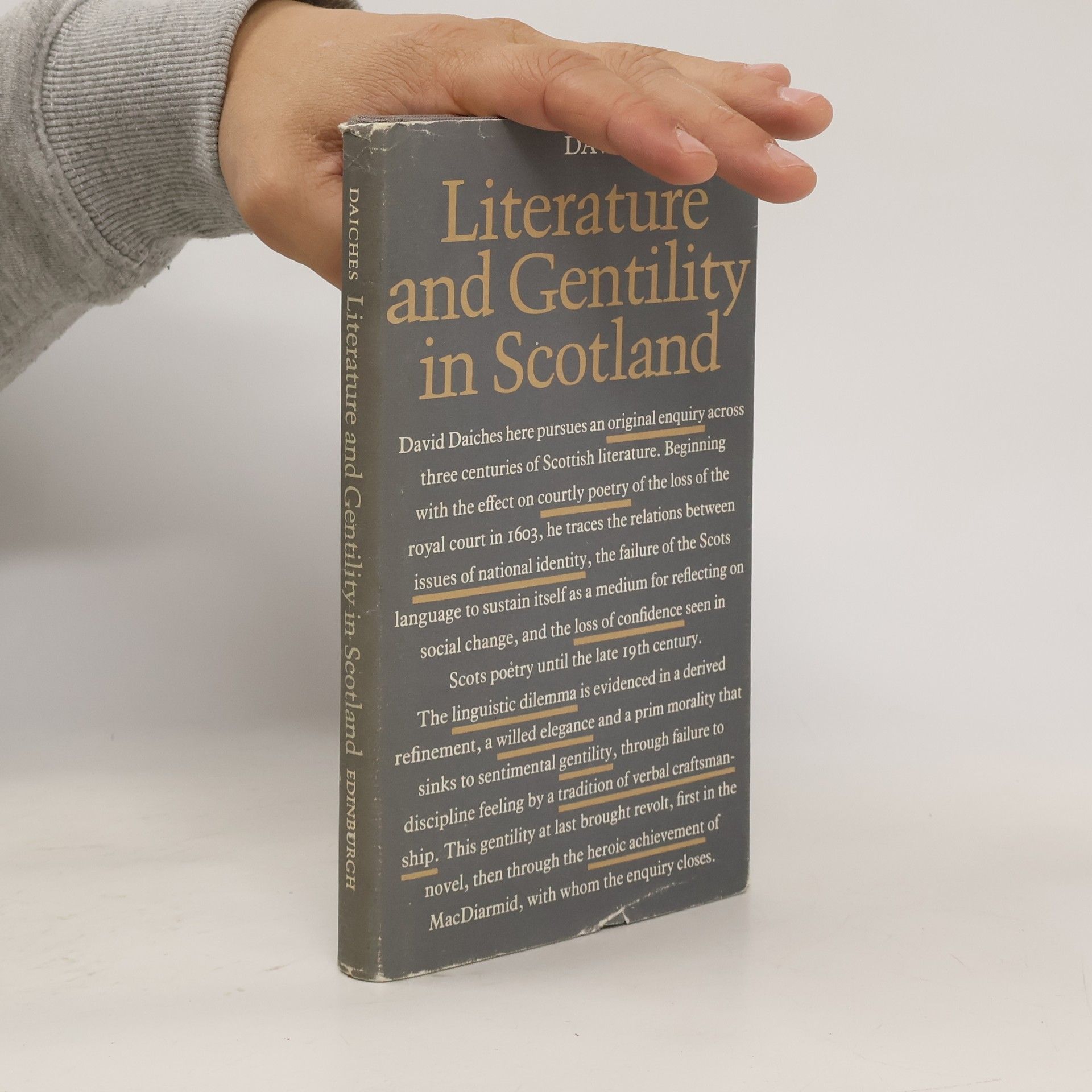

The transition from an aristocratic ideal of courtliness to a bourgeois ideal of gentility is well documented in European culture. The development is a commonplace, but there were special factors present in Scotland which were not present in England or indeed elsewhere in Europe. These make the Scottish situation unusually interesting.The chapters of this book were delivered as the Alexander Lectures at the University of Toronto in March 1980.
»›Wuthering Heights‹, Sturmhöhe, heißt Mister Heathcliffs Besitztum. ›Wuthering‹ ist ein trefflich mundartlicher Ausdruck, um den Aufruhr der Lüfte zu beschreiben, dem dieser Ort bei stürmischem Wetter ausgesetzt ist.« Dort, in einer einsamen Moorgegend, spielt sich in einem Kreis von fünf Personen der weltberühmte Familienroman ab, der in kunstvoller Überschneidung und Verhüllung durch drei Generationen führt.
Glasgow
- 288 Seiten
- 11 Lesestunden
Book by Daiches, David
Offering a study of the Scottish Enlightenment, this collection of essays deals with the period from 1730 to 1790 - one of the most important in Scotland's history. It was an age when many aspects of mankind's existence - philosophy, economics, art, law, architecture, medicine, engineering - were studied and questioned. It was also a time when Scotland's cities were hotbeds of genius, and Scotsmen such as the philosopher David Hume, the economist Adam Smith, the chemist James Black and the geologist James Hutton developed their ideas and successfully challenged the beliefs of the past.
Sir Walter Scott and His World (A Studio book) [Sep 21, 1971] Daiches, David
A Traveller's Companion to Edinburgh
- 229 Seiten
- 9 Lesestunden
Edinburgh is a city whose history is written on its face. The Old Town on its crowded rock, sloping down from the Castle to Holyroodhouse, has not significantly changed its atmosphere since the turbulent fifteenth and sixteenth centuries, when riots, processions, or public executions jammed the High Street. And the very different era that followed the bloody religious wars of the seventeenth century is epitomized by the elegant streets and squares of the New Town - the eighteenth-century Enlightenment whose writers, philosophers and lawyers made Edinburgh famous. This anthology of extracts from letters, memoirs, diaries, novels and biographies of interesting visitors and inhabitants, including the writings of Scott, Boswell, Cockburn, John Knox and many others, recreates for today's visitors the drama, the history, and the life of the city in buildings and places that can still be visited. The daring Scottish recapture of the Castle from the English in 1313; the confrontation between Calvinist John Knox and Catholic Mary Queen of Scots in Holyroodhouse; an eye-witness account of the execution of Montrose at the Mercat Cross in 1650; reeking slop-pails in the wynds and polite manner
Charles Edward Stuart
The Life and Times of Bonnie Prince Charlie
Why did Charles Edward Stuart become one of the great romantic figures of history, a familiar name even to those who know nothing of his curious career? Professor Daiches brushes away the dust from the waxwork figure the Bonnie Prince has become, and writes of the real person within the context of his time.
Two Worlds
- 224 Seiten
- 8 Lesestunden
David Daiches was a distinguished literary historian and critic, known for his extensive contributions to the field. He served as Professor of English at the University of Sussex from 1961 to 1977, during which time he shaped literary scholarship and education. His prolific work reflects a deep engagement with literature, making significant impacts on both academic circles and broader literary discussions.
Let's Collect Scotch Whiskey
- 32 Seiten
- 2 Lesestunden
Information on how to select the perfect blend by label and year.
